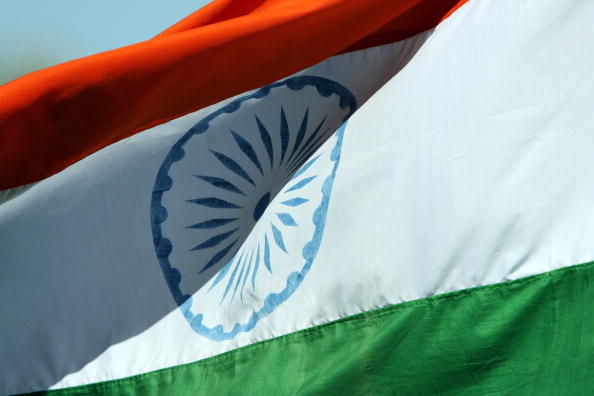Feature: Big Tech’s big bet on India

Alphabet has given the Indian market another vote of confidence this week, reportedly pumping fresh capital into Mohalla Tech, the parent firm behind short-video platform Moj and regional social network ShareChat.
Though the companies are yet to confirm the $300m funding round, which is expected to take Mohalla’s value to a whopping $5bn, the reports come alongside a tide of heavy tech investment in the region in recent years.
India’s tech startups raised a record $35bn in new funds last year, including major IPOs from home-grown heavyweights like digital payment’s firm Paytm and food delivery company Zomato. 44 Unicorns were also created in an emerging pandemic buzz, with a further 55 expected to emerge in the coming year.
Last month, ecommerce giant Amazon also announced a $250m venture fund to invest in Indian startups and entrepreneurs, following Facebook and Microsoft who have also betted on the country’s top talent.
Deeming India as a “significant jewel” for the big US firms, TMT analyst at PP Foresight Paolo Pescatore told City A.M. that the economic power lies in the prospect of future growth.
Indeed, India is an appealing investment spot for an array of reasons, including its immense population, spanning software engineering talent, and relatively low smartphone penetration, which allows US firms to grow and dominate.
Just yesterday, it was revealed by CNBC Abrdn chief Stephen Bird reckons that Indian and Chinese stock market capitalizations could grow fourfold by 2050, with Indian consumers increasingly dictating global tastes and trends moving forward.
This was echoed by Goldman Sachs chair David Solomon, who told The Economic Times earlier this week that India’s role would “only grow bigger” thanks to a booming tech ecosystem coupled with innovation.
For some, this has raised questions about a power struggle between China and India. According to CIO of Ocean Dial Asset Management David Cornell, India acts as a “natural geo-political counter weight” to China thanks to its increasingly lenient and “straightforward” approach to business.
“The regulatory crackdown on “Big Tech” in China is not something we expect to see in India anytime soon”, he told City A.M.
However, Cornell was keen to add that it may not be as simple as just injecting cash into the region and hoping for returns.
“The size of the opportunity, the diversity of culture, language and custom makes it harder for Big Tech” to take a one stop approach”, he said.
Local players such as ecommerce site Flipkart and ride-hailing Ola Cabs are undoubtedly giving Amazon and Uber a run for their money.
Despite the obstacles that may lie ahead for Big Tech firms, the reality is that the past few years have cast India as a growing tech hub, with a growth that shows no signs of stopping.